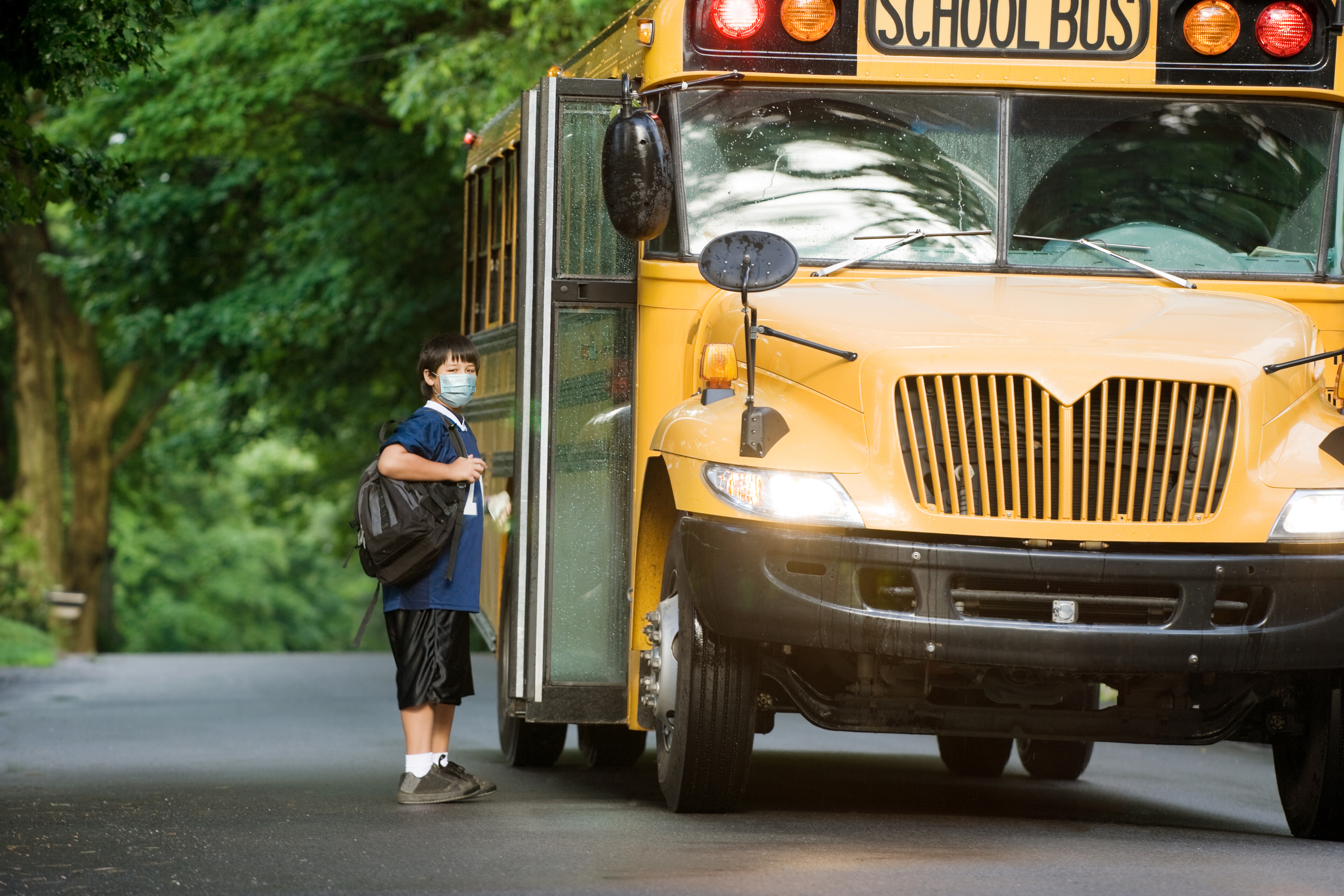
With schools reopening and a busy fall ahead, local mental health providers seeing increased demand, particularly in children
Baton Rouge has entered a transitional phase. With LSU and many K-12 schools set to open for in-person attendance in the fall; workers ditching their Zoom setups and returning to the office; and businesses throughout the city mostly back at full capacity, the so-called “new normal” seems to have arrived.
But the process of emerging from COVID-induced isolation—despite the eagerness with which so many anticipate it—will not come without its challenges. Local experts advise people to pay careful attention to their mental health as they enter this period of rapid and stark change.
For many, the prospect of returning to situations that they have been advised to avoid for more than a year will likely induce considerable anxiety, says John Nosacka, a licensed social worker and program manager at Capital Area Human Services.
|
|
Shawn Verges, clinical director for the Baton Rouge and Hammond offices of HCO Behavioral Health Services, says her organization has seen a stark increase in referrals since the onset of the pandemic and that she worries what course this trend will take as the social landscape continues to change.
Of this flood of new referrals, Verges estimates around 75% have been for children. Having adapted to virtual learning and social isolation at such a formative period in their development, she says young children are especially susceptible to anxiety at the prospect of returning to in-person school and unmitigated social interaction.
Though the threat of contracting COVID-19 in social situations has gone down somewhat for vaccinated individuals, the social conditioning people have undergone to prevent the virus’ spread will not be easy to shed, Nosacka says.
And that conditioning has had some of its most significant impact in small interactions—the kind that, prior to the pandemic, most people performed without a second thought.
“You may find yourself wondering if you remember how to make small talk, mingle with the other school parents or even how to do your job properly,” according to the Louisiana Office of Behavioral Health, which responded to 225‘s interview questions via email.
And for those with preexisting mental health conditions such as depression or social anxiety, these concerns are all the more acute.
“For people who have preexisting mental health conditions,” Nosacka says, “part of their treatment, part of their recovery, is to make sure that they have healthy social interaction, and they’ve been missing a good chunk of that for the past year.”
COVID-19-induced isolation likely exacerbated the symptoms of conditions like depression and anxiety. Now, this new wave of sweeping changes to day-to-day life could create the “perfect storm” that could bring these and other mental health conditions to a critical juncture, Nosacka says.
And for children, living through the pandemic has simply been a scary thing to process, Verges says. Many of these young patients aren’t equipped to process the amount of death and pain they’ve seen around them over the past year and a half, particularly if it’s been their own family members getting sick or dying.
For adults and young people alike, the pandemic, its isolation and the daunting process of recovering from it all constitute a threat to mental health.
Fortunately, there are many local resources available to help navigate this emotional and mental gauntlet. For more information, contact:
• The Office of Behavioral Health in the Louisiana Department of Health has many counselors, consultants and other resources available for those concerned for their mental health.
• Capital Area Human Services has offices across the Capital Region, as well as online consultation resources.
• HCO Behavioral Health Services has many resources for tele-health counseling, in-person counseling and more.
|
|
|
